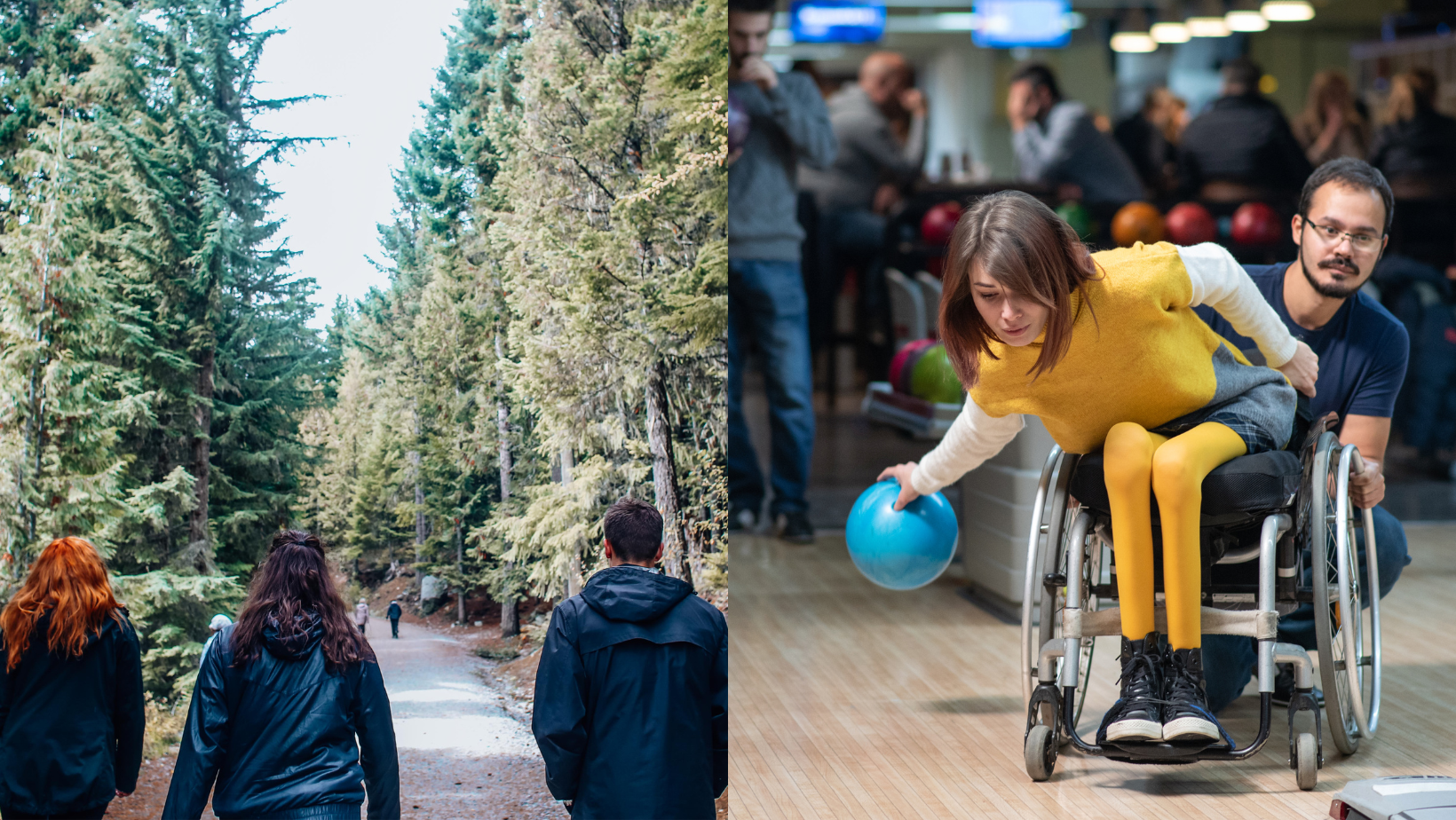How to Be Inclusive of People with Intellectual and Developmental Disabilities
Disability inclusion is beneficial for everyone, including those who don’t experience a disability. It helps people understand situations from different perspectives, builds compassion and patience and improves people’s communication skills. At North Star Oregon, we provide inclusive disability services near Corvallis, Oregon.
Without inclusivity, our programs would not be as effective.
Today, we’ll discuss how we can be more inclusive of people with I/DD. Get ready to make a difference in other people’s lives!
What Is Inclusivity?
If you’re not sure what inclusivity means, it can be hard to make a shift towards more inclusive behavior. Put simply, it’s the act of not excluding people based on certain demographics - in this case, disability. Inclusivity ensures that all people are seen, heard, and considered.
Use the Language They Prefer
Some people with disabilities prefer person-first language, which recognizes people for who they are instead of what they have. Instead of calling someone autistic, for example, we may refer to them as a “person with autism.” On the other hand, others prefer identity-first language—in this case, you would refer to them as autistic. Some communities generally prefer one over the other, but it’s still best to check with a person with disabilities to see how they’d like us to describe them.
We should also be aware of derogatory language, which needs to be avoided entirely. If you’re not sure if a certain word is acceptable, just ask!
Consider Mobility
Some people with intellectual and developmental disabilities
also have mobility challenges. Remember this when choosing locations to host activities and events. For example, stairs are not accessible to people who use wheelchairs, and lots of walking may not be ideal for someone with cerebral palsy. When we suspect an activity may not be accessible, we need to speak up so we can find solutions.
Not all mobility issues are visible. A person with mobility challenges may not use assistive devices, so it can be hard to tell if they’re struggling. Regardless of if we know someone in our group has a disability, we should be asking the entire group if we need to keep any mobility concerns in mind, especially if there are new members of the group.
Speak Clearly
When we speak very quickly and use complex words, we can make it harder for people with I/DD to understand us. When we keep our speech short, sweet, and simple, we can communicate better with everyone - not just people with disabilities. Be mindful of using sarcasm, too, as not everyone living with I/DD can make sense of it. Say what you mean and mean what you say.
We should also be comfortable answering questions people with disabilities may have about language. For example, they may ask what a word or phrase means, and we should be able to explain it without being condescending.
While we need to be mindful of our speech, we shouldn’t use “baby talk” or speak dramatically slower with people with I/DD. This is insulting and undignifying.
Provide Reasonable Accommodations
Even when we’re not required to under the ADA, we should provide reasonable accommodations for people with I/DD in work and social settings. If you’re an employer, you can’t ask someone whether or not they have an I/DD - only questions about a jobs' tasks. Don’t ask questions you wouldn’t ask all of your applicants!
Whether you’re in a school, work, or social setting, accommodations look similar. Reasonable accommodation examples for people with intellectual disabilities include:
- Giving reminders.
- Reading or interpreting text.
- Demonstrating things instead of describing them.
- Allowing additional time to complete tasks.
- Using charts, pictures, and colors when explaining things.
- Breaking things down into steps.
- Providing a tape recorder so people can record instructions and other things they should remember.
There are many other ways we can accommodate people living with I/DD in their social, professional, and academic lives. It’s a good idea to remind people that you’re always willing to make adjustments to make their lives easier.
North Star Oregon is based out of Philomath, and we serve the mid-Willamette Valley. We provide
disability support services in Corvallis, Oregon and surrounding areas such as
day support activities (DSA)
and
in-home attendant care to people with intellectual and developmental disabilities. Contact us today to see if your loved one is eligible for us to be added to their ISP!






















































